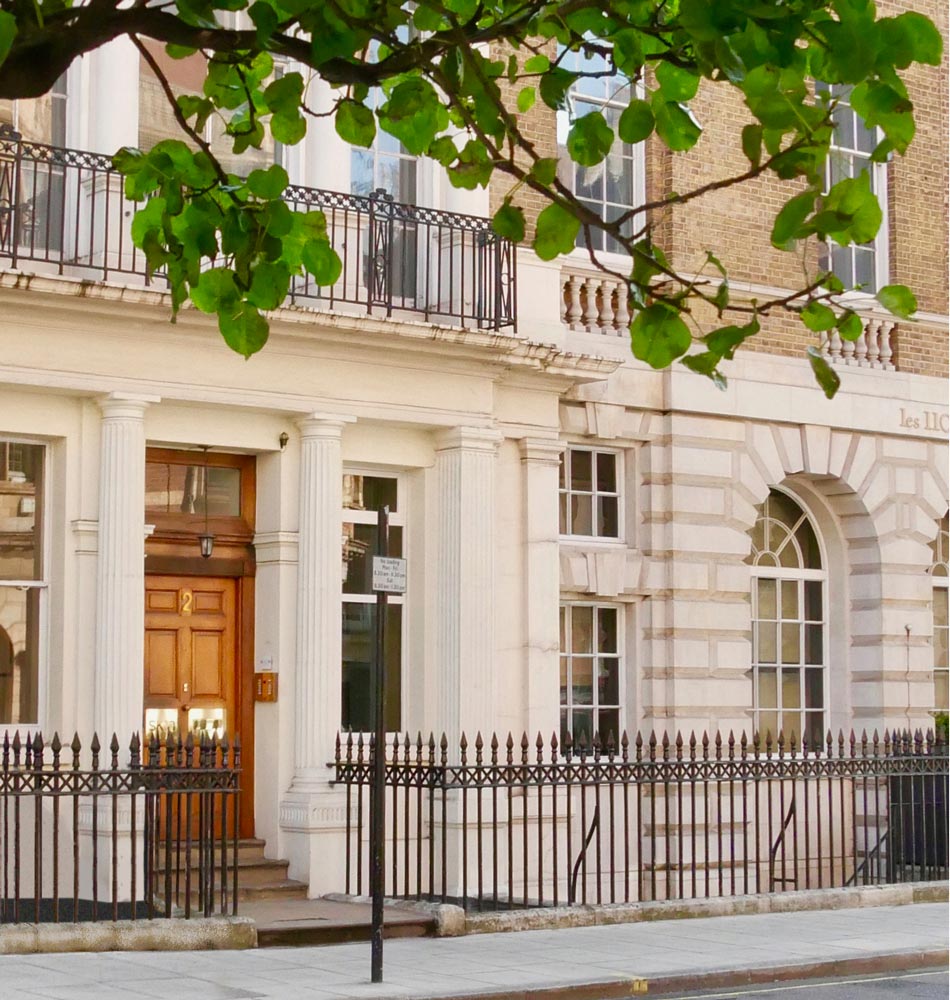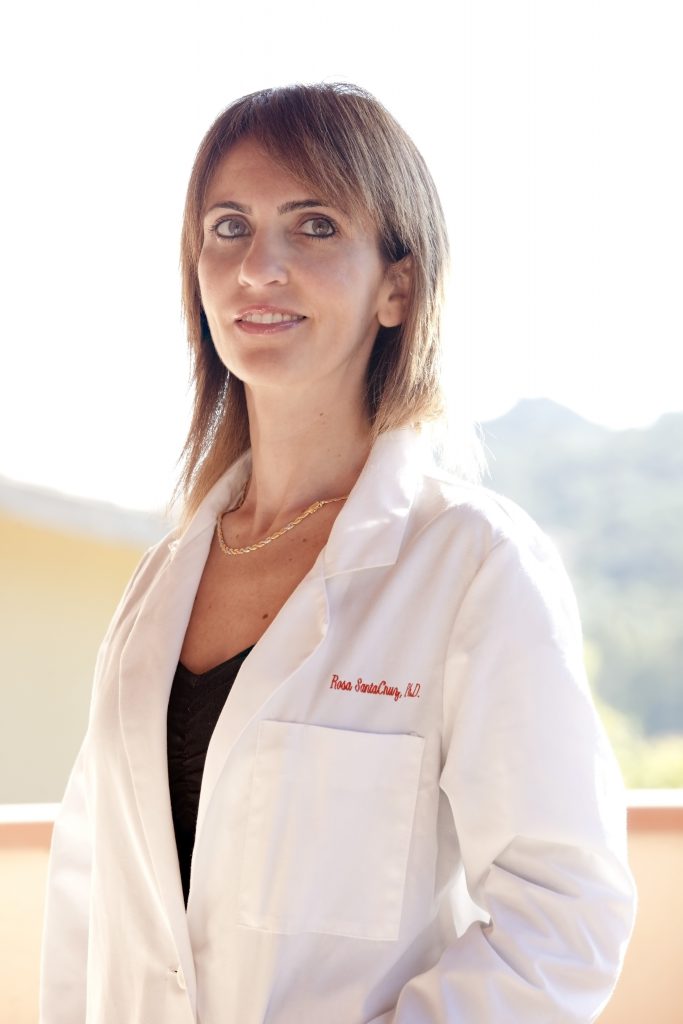Harley Street is among the most famous streets in the world, not just for the quality and quantity of its hospitals and clinics, but also for the research of medical treatments and ground-breaking technologies that is carried out there.

Named after Thomas Harley, who was mayor of London in 1767, this famous street is located in the heart of the British capital, in the renowned Marylebone neighborhood, near the famous Paddington Station and the Oxford Circus underground station.

And yet, the street’s global fame has mainly grown due to it being mentioned in numbers of novels by Agatha Christie, as well as to its appearances in movies like ‘The Revenge of Frankenstein’.
It is in this setting that we have met doctor Rosa Santa Cruz, a surgeon researching new medical and scientific methods with a special focus on regenerative medicine.

In a scenario where researchers worldwide seem to be focusing on finding solutions to Covid, how much attention is being given to other conditions?
Being a pandemic, Covid-19 has determined a general emergency that is currently draining most of researchers’ energies worldwide. Although such efforts have been bringing remarkable results, including the development of a vaccine in much shorter times than usual, they have also surely diverted attention from most of other clinical activities.
What about the pain that comes with most medical conditions?
Right now, the major efforts are surely being made to fight Covid-19, both in research and in hospitals.
However, regenerative medicine is still giving high hopes about the development of treatments for a wide range of conditions.
Regenerative medicine is a multidisciplinary branch that investigates treatments aimed at reactivating the human body’s self-healing processes which might have been disrupted or damaged by diseases. It relies on the use of stem cells (or their derivatives), as well as human blood derivatives or low-frequency magnetic fields (a technology that has been developed in Italy).
In our clinics, mainly based in Harley Street, after accurate clinical investigations, besides various treatment options, we also discuss clinical trials with patients. Chronic pain is a condition in itself, and a highly complex one, which is not always easy to treat.
The most efficient approach, which is also adopted in our clinics, is a multidisciplinary one, and is customized based on each clinical case, even by relying on third facilities when appropriate.
This is also about the emotional pain and discomfort that aesthetic factors may cause. You also work in aesthetic medicine.
Our clinics mainly aim to help patients reach their physical and mental wellbeing. Being a branch of medicine, aesthetic medicine is also part of our philosophy, and greatly helps individuals to achieve their overall wellbeing, both physically and mentally. At times, correcting small aesthetic issues, even minor, helps boost one’s self-esteem and positively influences one’s mood. When this is the case, these corrections can have beneficial effects on so-called ‘soul pain’, which often causes even deeper pain than physical conditions. Selecting patients is crucial here, too, as not everyone is suitable to receive aesthetic medical treatments. When they are not, alternative treatments can be offered, or no treatment at all.
What age group do the people who come to you for relief belong to? Where does their discomfort most frequently come from?
Medically speaking, patients who seek our advice most often suffer from chronicle pain, migraines, erectile dysfunctions for men, alopecia, hemorrhoidal disease, sports traumas, post-traumatic disorders, neurodegenerative diseases, obesity, cellulite and aesthetic disorders (hyperpigmentation, skin ageing, sagging facial skin).
Issues related to unbalanced diets are now more and more frequent in all age groups, regardless of gender.
Have your ever tried putting others off their wish to ‘transform’, ‘change’ or ‘improve’ themselves, and having them look for other ways out?
This has always been key to my first approach to all patients, in order to have them understand and reflect on what choice would be best for them to make.
Do you think that going back to promoting values like a healthy relationship with oneself, others and nature could help improve our world?
Ideally, that would be the best therapeutic result to aspire to…









